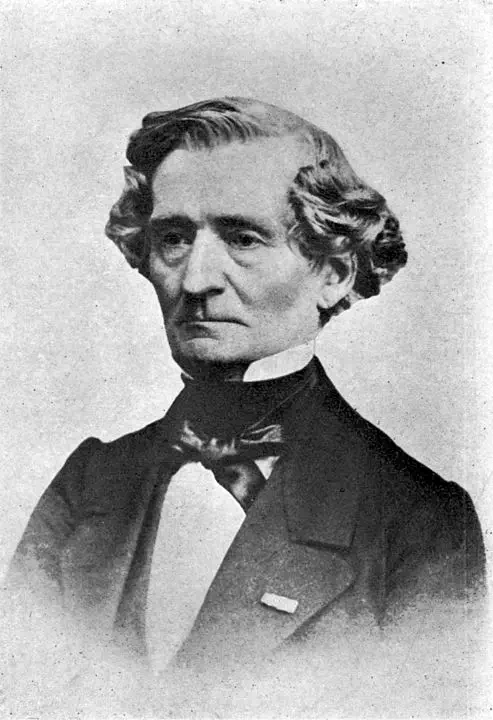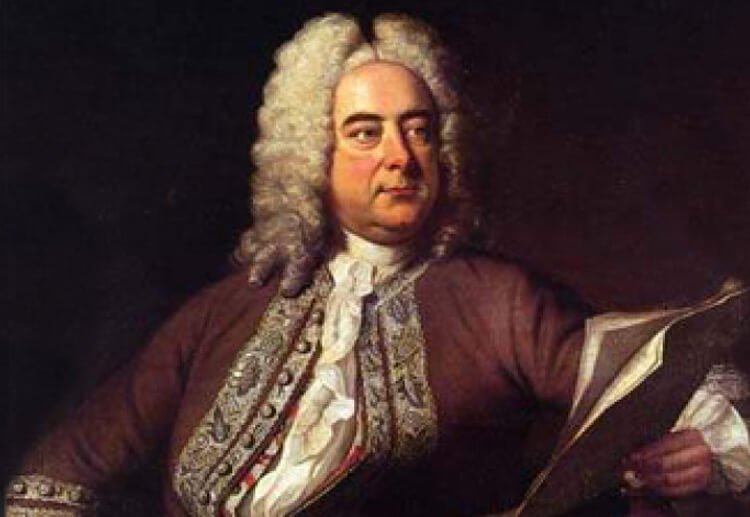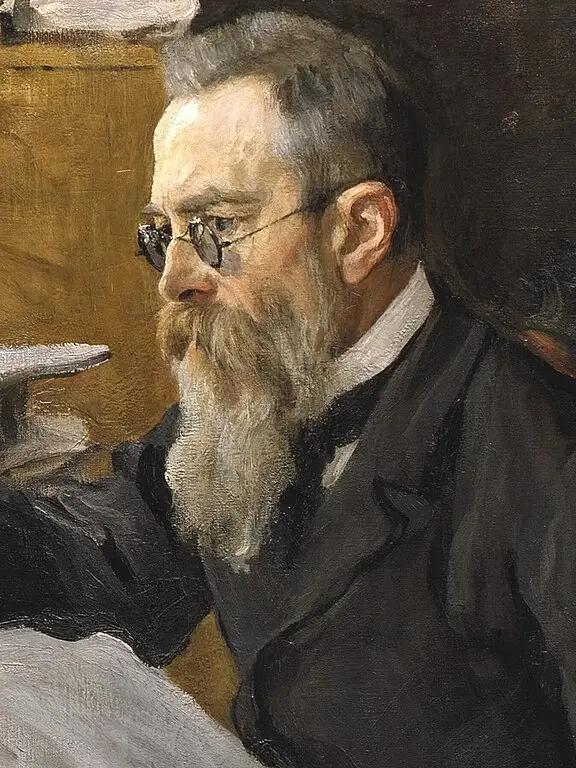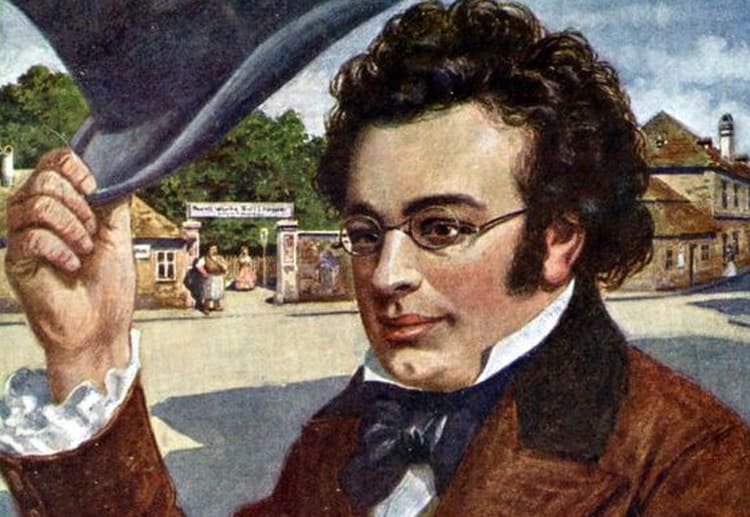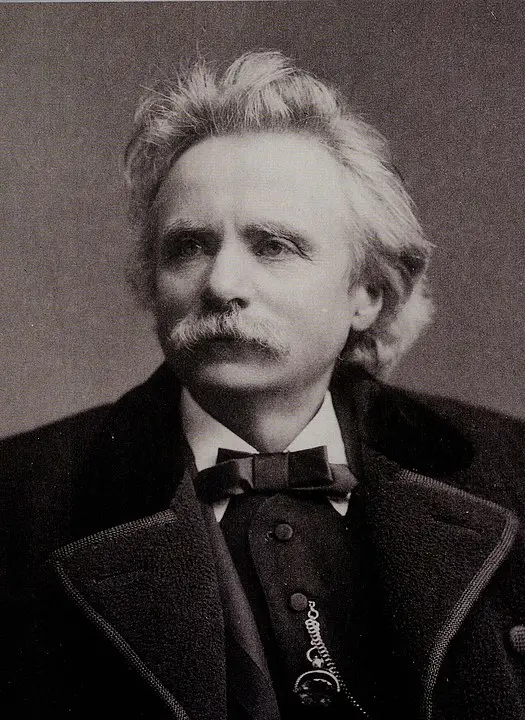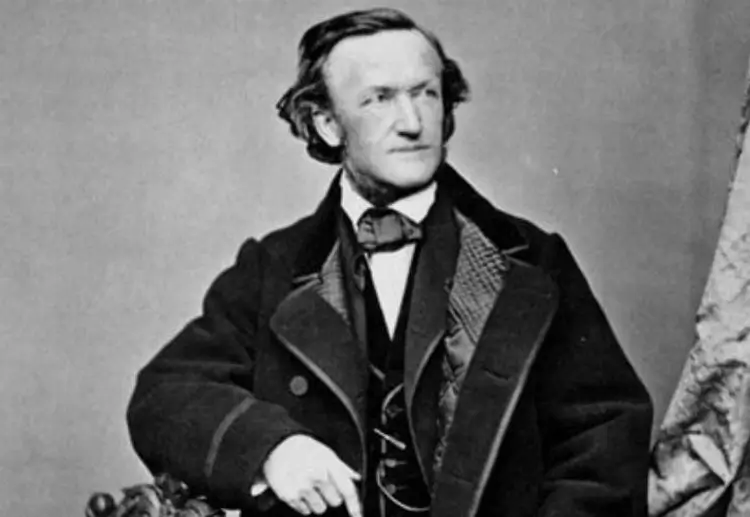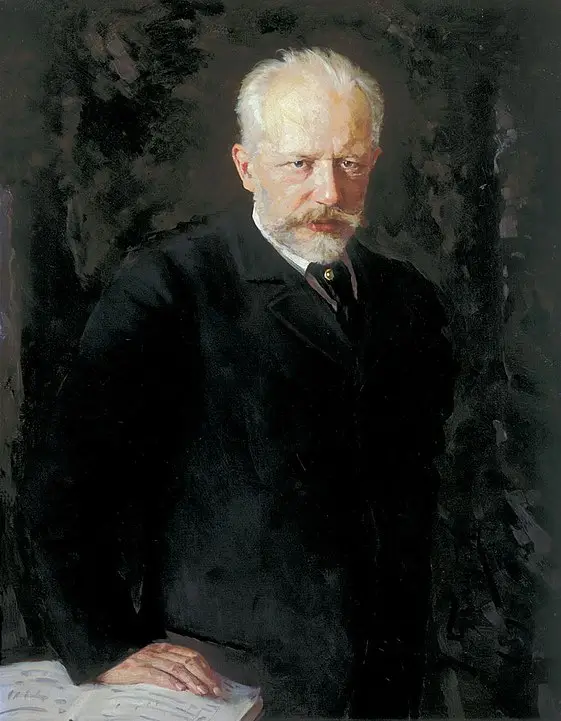Introduction
Hector Berlioz stands as a monumental figure in the landscape of 19th-century music, embodying the spirit of the Romantic era with his innovative compositions and expansive orchestral works. His life and music were marked by a passionate and sometimes tumultuous relationship with the arts, driven by intense personal expression and a desire to break musical boundaries. This article explores Berlioz’s journey from a young music enthusiast in rural France to a master composer in Paris, his major works, connections with other composers, his unique character and philosophical outlook, and his enduring legacy.
Early Life
Born on December 11, 1803, in La Côte-Saint-André, a small town in the French Alps, Louis-Hector Berlioz was the son of a respected physician, Dr. Louis Berlioz, and his wife, Marie-Antoinette. Growing up in a nurturing, albeit conservative, family environment, Hector was exposed to literature and music at an early age but was steered towards a career in medicine by his father. His childhood was filled with the pastoral influences of his rural surroundings, which later permeated his musical imagery.
Despite his father’s plans, Berlioz’s passion for music became evident early on. He learned to play the flute and guitar, largely self-taught, as his family did not initially support his musical ambitions. His early exposure to the works of Virgil and Shakespeare profoundly shaped his artistic sensibilities, which would later manifest in his music compositions.
Musical Training and Development
Berlioz moved to Paris in 1821 to study medicine, a pursuit he quickly abandoned after being horrified by the process of dissection and the overall atmosphere of the medical school. He then immersed himself in the study of music, despite lacking formal musical training in his earlier years. He entered the Paris Conservatoire in 1826, studying under Jean-François Lesueur and Anton Reicha, who introduced him to the possibilities of orchestration and musical form.
During his years at the Conservatoire, Berlioz was exposed to the works of Beethoven and Gluck, whose music would have a lasting impact on his compositional style. He developed a vision for music that could express intense and complex emotions, often inspired by literary ideas. His time at the Conservatoire was also marked by financial hardship and personal struggle, which fueled his artistic fire.
Major Works and Compositions
Berlioz’s oeuvre includes a rich array of symphonies, operas, choral works, and songs. His most famous composition, “Symphonie Fantastique,” was completed in 1830 and is widely regarded as an early example of program music, telling a vivid story through its movements. This work reflects Berlioz’s innovative use of the orchestra and his ability to convey a narrative through music.
Other significant works include “Harold en Italie,” inspired by Lord Byron’s character Harold, “La Damnation de Faust,” and “Les Troyens,” an opera based on Virgil’s “Aeneid.” Each composition showcases Berlioz’s flair for drama and his mastery of orchestral color and texture.
Connections to Other Composers
Berlioz’s career intersected with many key figures of the Romantic era. He was an admirer of Beethoven and was profoundly influenced by his symphonies, which pushed the boundaries of the symphonic form. Berlioz also had a complex relationship with Richard Wagner, whose music dramas similarly revolutionized the world of opera. While Berlioz initially supported Wagner, their relationship cooled due to artistic differences and personal conflicts.
He also maintained friendships with composers such as Franz Liszt and Niccolò Paganini, the latter of whom commissioned Berlioz’s “Harold en Italie.” These relationships were crucial in shaping his approach to composition and performance, as well as helping to establish his reputation across Europe.
Character and Philosophy
Berlioz was known for his fiery personality and uncompromising artistic vision. He was a staunch advocate for artistic freedom and often clashed with the musical establishment, which he found to be overly conservative. His writings, including his memoirs and various articles and reviews, articulate his belief in music as a profound expression of human emotion and narrative storytelling.
His philosophical outlook was deeply influenced by the Romantic movement’s ideals, emphasizing individualism, emotion, and the sublime. Berlioz saw music as a powerful medium to explore these themes, often pushing the limits of traditional forms to better express his ideas.
Life in Paris
Paris in the 19th century was a vibrant center for the arts, and Berlioz was at the heart of its musical life. Despite his struggles with financial instability and critical reception, he became a prominent figure in the Parisian music scene. He was involved in various musical societies, conducted concerts, and was an influential music critic, advocating for the recognition of new talent and the performance of new works.
His life in Paris was also marked by personal turmoil, including his tumultuous marriage to actress Harriet Smithson, whom he initially idolized from afar. Their relationship, which began with intense passion, deteriorated over the years, adding to the emotional fuel for his compositions.
Death and Legacy
Hector Berlioz died on March 8, 1869, in Paris. His passing marked the end of an era in French music, but his influence was far from over. Berlioz’s innovative techniques and bold approach to orchestration and composition left a lasting mark on the music world. His ideas paved the way for later composers like Wagner, Mahler, and Debussy, who continued to explore the expressive possibilities of the orchestra.
Today, Berlioz is celebrated as a pioneer of the Romantic movement in music, with festivals and performances dedicated to his work held around the world. His compositions remain a staple of the orchestral repertoire, celebrated for their richness, complexity, and emotional depth.
Conclusion
Hector Berlioz’s life and work encapsulate the essence of Romanticism, marked by a deep commitment to personal expression and a relentless pursuit of artistic innovation. His legacy is not just in the notes he wrote but in his vision of what music could be—a direct conduit to the human soul. As we continue to perform and appreciate his works, Berlioz’s spirit lives on, as vibrant and compelling as ever.

